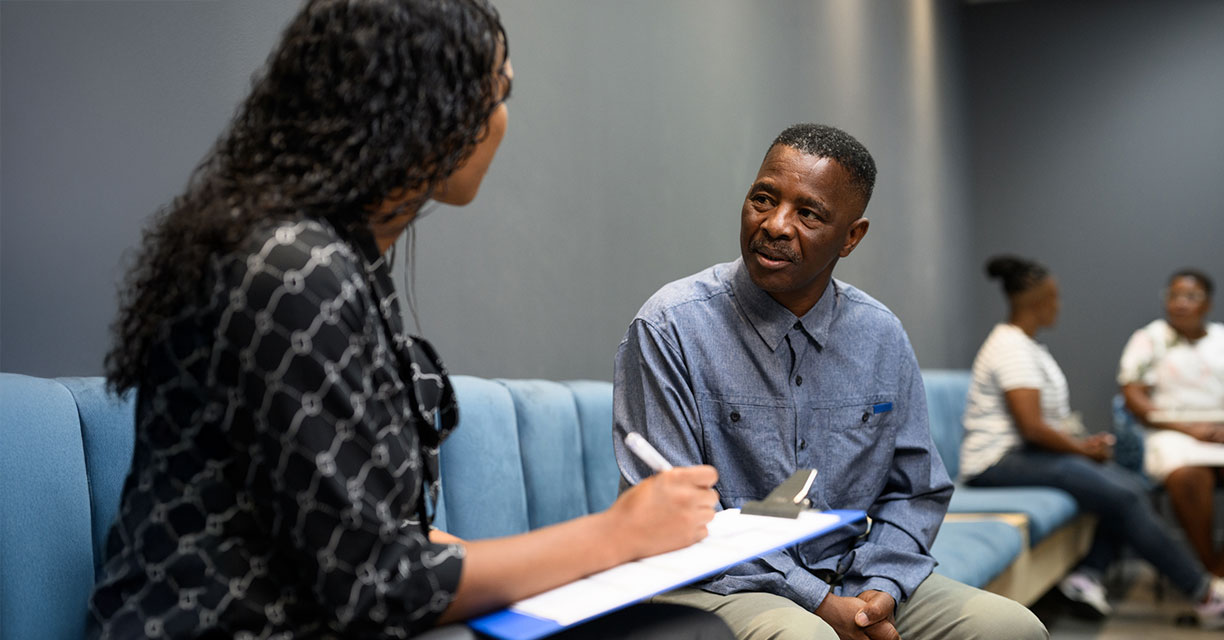Before the COVID-19 pandemic, treating substance use disorder using telehealth was incredibly rare, due in part to federal and state restrictions and limited reimbursement. But when the pandemic hit, policymakers and payers rolled back those restrictions, and telehealth use skyrocketed. A year and a half later, states and the federal government are grappling with if and how they should permanently change their policies around telehealth and addiction treatment.
This Tradeoffs podcast episode, made possible through a partnership with the Better Care Playbook, explores how this debate is playing out in Ohio, one of the epicenters of the opioid epidemic. The episode features a new mom who says telehealth kept her sober through her pregnancy, a provider worried about seeing these flexibilities go away, and a researcher who lays out what the field has learned so far about what works and what doesn’t when it comes to telehealth and addiction treatment.
Allison Lin, MD, Assistant Professor of Psychiatry, University of Michigan Addiction Center and Research Scientist, VA Ann Arbor Healthcare System, the researcher featured in the episode, is a coauthor of “Telemedicine-Delivered Treatment Interventions for Substance Use Disorders: A Systematic Review,” published in the Journal of Substance Abuse Treatment, March 2019.
Learn More
Explore what works in complex care telehealth interventions, what successful models look like in practice, and implementation strategies in the Better Care Playbook’s Telehealth Collection.
About the Tradeoffs Podcast Series Supported by the Playbook
The Playbook is supporting Tradeoffs, a national health policy podcast, as it develops a series of episodes on improving care for people with complex health and social needs. Tradeoffs is a weekly podcast that explores the intersection of health care, policy, and people, including issues relevant to complex care. The podcast series is made possible by Arnold Ventures, The Commonwealth Fund, The John A. Hartford Foundation, the Milbank Memorial Fund, the Peterson Center on Healthcare, the Robert Wood Johnson Foundation, and The SCAN Foundation.



